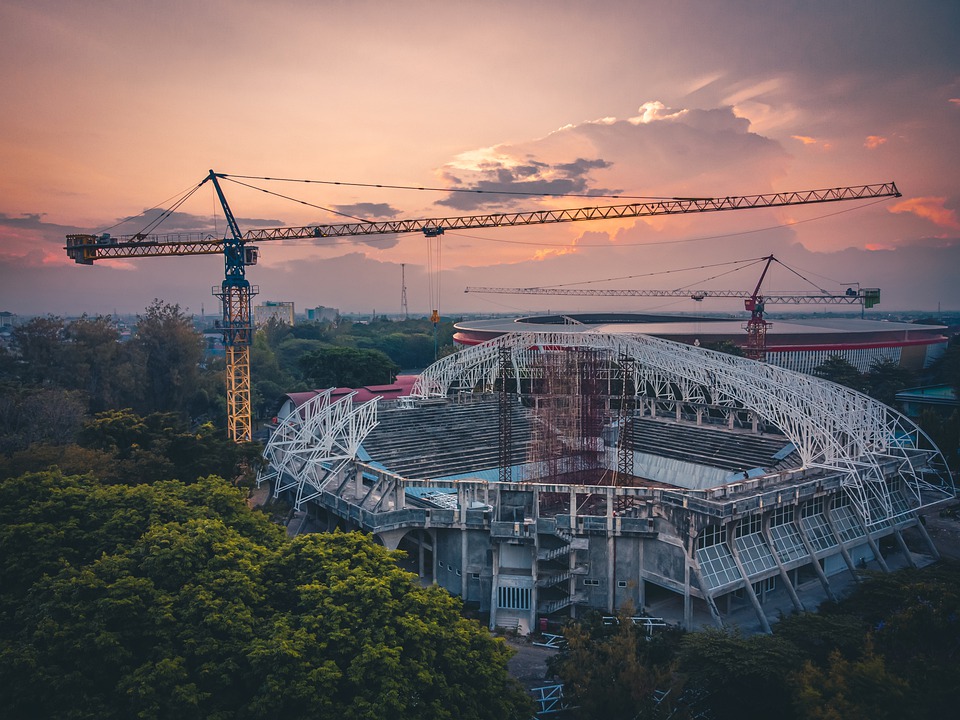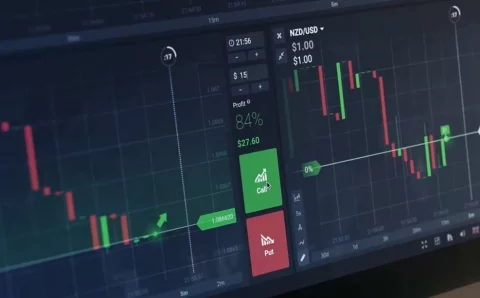Connected construction is the way forward for developers that are aiming to improve productivity, profitability, and scheduling adherence. While there are several technology solutions available to construction firms to boost site visibility and improve revenue scope, integrating them is the best approach. Having a connected construction ecosystem is the key to a reduction of build costs by 10% and operating costs by around 20% on average.
Connected construction solutions via construction management software such as Zepth enable decision-makers to have complete access to innovation insights. They align key resources within a unified platform, enabling seamless access to data across the project lifecycle. This is precisely why nearly 76% of engineering and construction firms are considering investing in connected technologies that can improve visibility, management, and profitability.
The impact of connected construction on budget management
Ensuring adherence to budgetary outlines is the key to improving profitability across different projects within a portfolio. By merging data from workers, materials, equipment, and site progression tools, project managers gain a more comprehensive view across projects. They can understand the flow of project movement from a holistic perspective. This enables them to perform active trend analysis and predictive forecasting of upcoming issues or potential bottlenecks.
Connected construction management solutions also help track the financial progress of a project as well. Stagewise insights can be acquired and shared with associated teams, based on which project managers can have a better hold over budget outflows. Adherence to budgetary specifications can also be improved through a centralized dashboard that provides all cost-related information that is updated near real-time. Connected construction project management tools also provide data visualization features that enable project managers to chart financial consumption for better decision-making.
How scheduling is improved through connected construction tools
Optimizing scheduling is one of the most important aspects of streamlining construction site work. Through the intelligent mapping of all resources within an organization, firms can assign and release teams based on the construction stage being focused on. The manual and disconnected process of managing labourers, site coordinators, engineers, and teams, can be automated by using the right construction management software.
Additionally, the shifting of attention towards digitization in data capturing is transforming how companies engage with site progress. Nearly 24% of global construction firms are also investing in drones and robotics to improve the visibility and productivity of all projects. Project managers can gain a real-time visual outline of the progress of the project, which helps firms deliver construction work in a timely manner. The role of technology is evolving, and companies are looking to combine human and technological elements for a more connected construction ecosystem.
The role of connected construction in improving project quality
A key role of connected construction solutions within the industry is to allow decision-makers to have complete access to data within a single dashboard system. A sector that accounts for close to 14% of global GDP will significantly improve with the introduction of technologies that directly improve quality, such as AI, drones, etc. Connected construction solutions also provide insights into on-site work quality through inspection optimization, site data analytics, and automation.
Additionally, with projects capturing value from remote workers based in different locations, there is a greater need for introducing a unified platform. Connected construction solutions also locate areas of greater risk prior to escalation, alerting teams to act immediately. Quality issues can be identified sooner through predictive analytics and recommendations shared across the project lifecycle.
The future of connected construction technologies
Construction firms of all sizes need to understand the impact of connected construction ecosystems within their industry across geographies. With firms expanding their reach to new project types, regions, and complexity levels, having a unified approach to viewing all site insights is the way ahead. For construction firms, it is imperative to explore the impact of AI and machine learning on forecasting, estimating, procurement, hiring, etc.
Connected construction technologies are also being optimized to combine data from drones, robotics, IoT, and autonomous systems, to further address the challenge of lack of visibility. As more advanced technologies are integrated into the construction ecosystem, the role and impact of connected solutions will expand accordingly.





